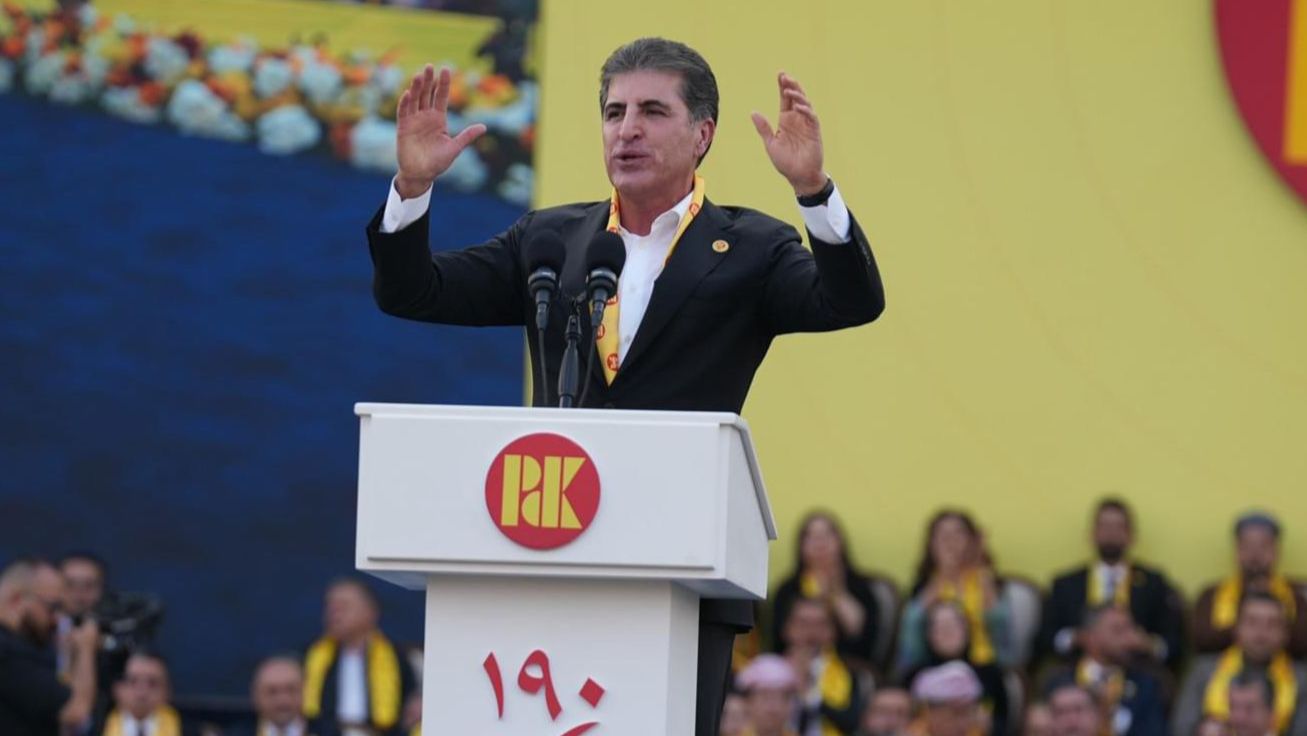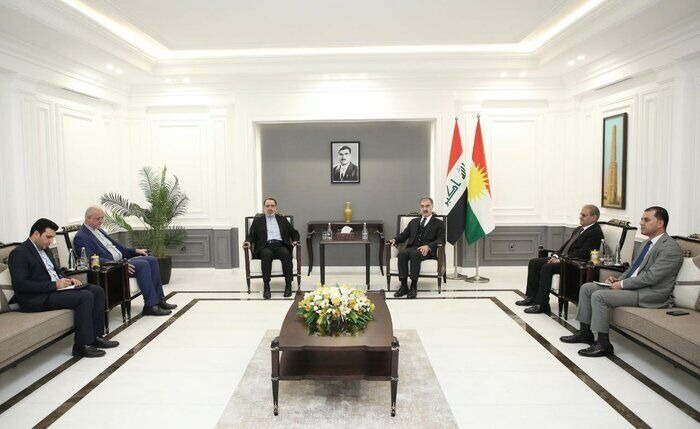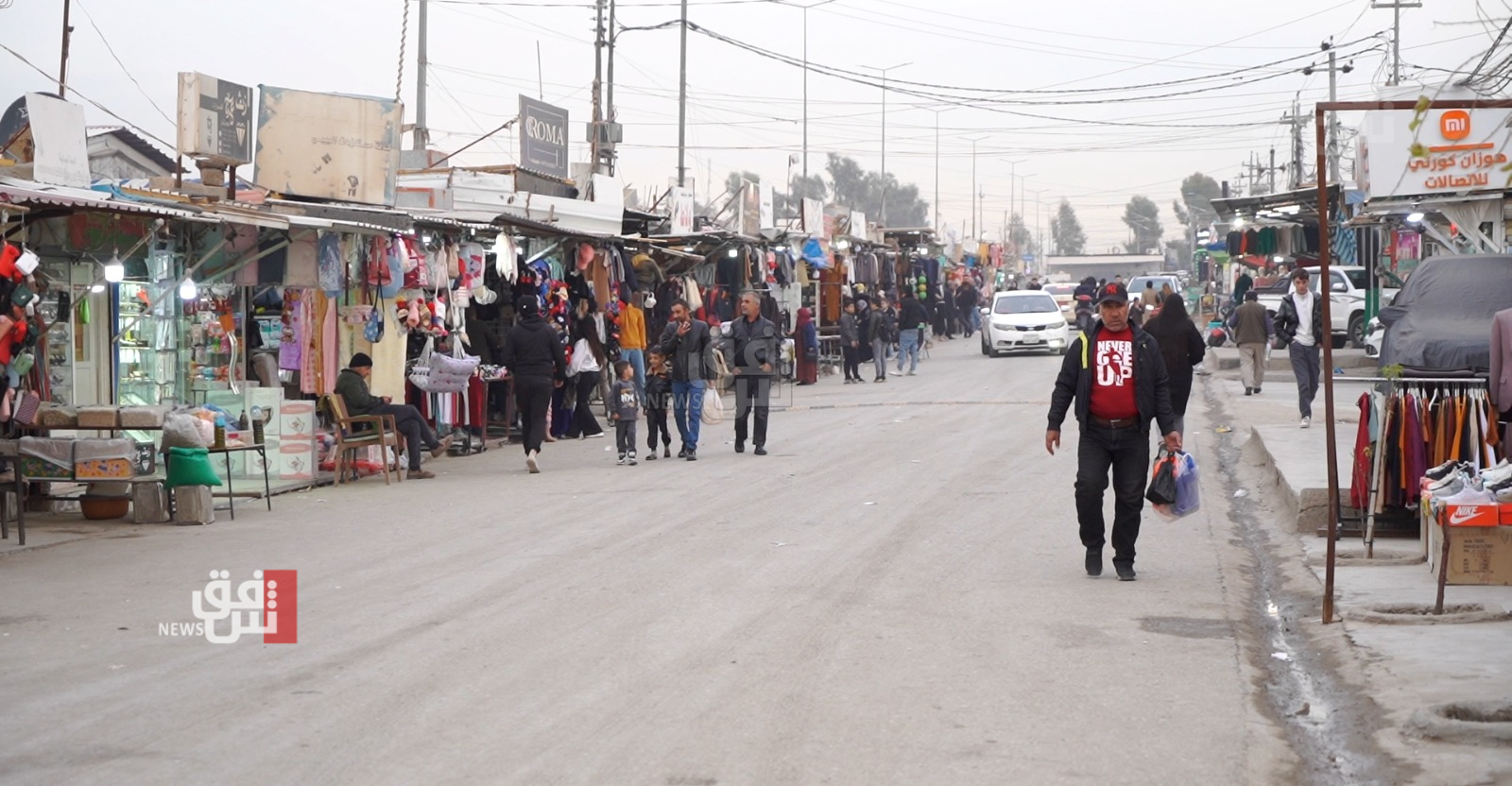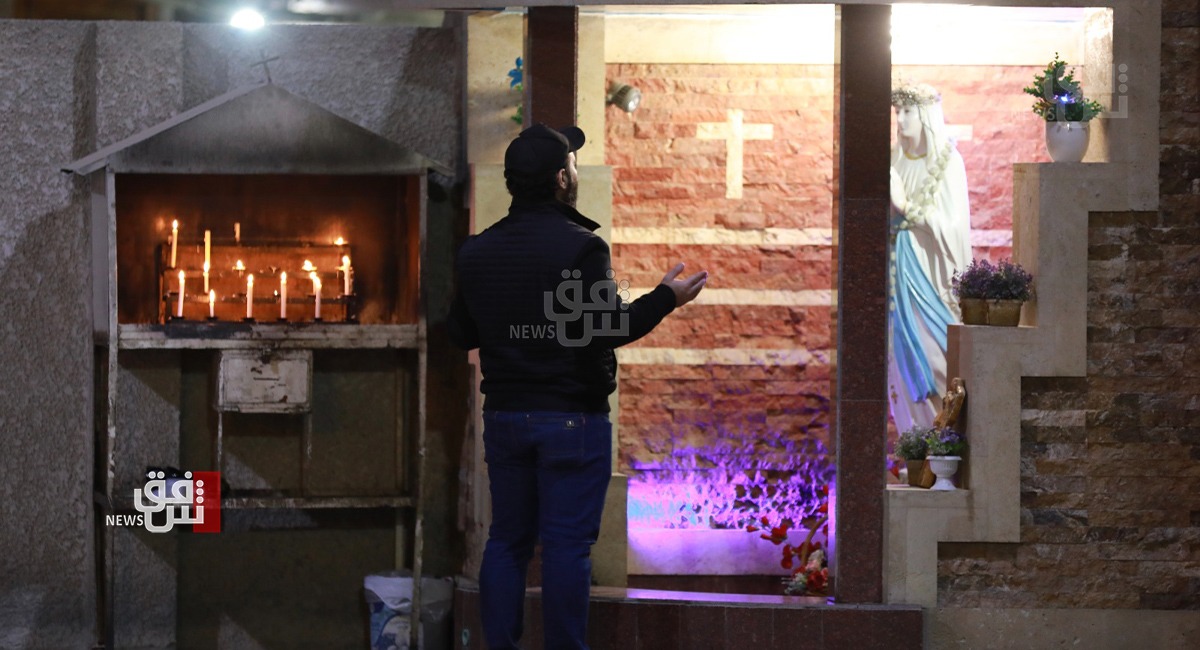Nechirvan Barzani: A Catalyst for Diplomatic Progress and Political Unity in Kurdistan and Iraq

Shafaq News/ The political landscape of the Kurdistan Regionand its relationship with Iraq have undergone significant transformations inrecent years, partly attributed to the diplomatic acumen and leadership ofNechirvan Barzani, the President of the Kurdistan Region. This essay examinesBarzani's multifaceted approach to governance and diplomacy, focusing on hisefforts to rebuild trust with Baghdad, foster regional stability, unify Kurdishpolitical voices, and navigate the challenges that lie ahead. Through a criticalanalysis of his strategies and achievements, this study aims to elucidate theimpact of Barzani's presidency on both domestic and international affairs.
Rebuilding Trust with Baghdad: A Paradigm Shift inErbil-Baghdad Relations
Nechirvan Barzani's tenure has been marked by a concertedeffort to redefine the relationship between Erbil and Baghdad. Initially metwith skepticism, Barzani's diplomatic initiatives have yielded substantialprogress in restructuring this critical relationship. Central to his approachis the emphasis on Kurdistan's integral role within Iraq, advocating for a newagreement that ensures the fulfillment of constitutional obligations whileguaranteeing Kurdistan's meaningful participation in national governance.
Barzani's diplomatic viewpoint, characterized by a searchfor common ground and mutual benefit, has been instrumental in breaking thepolitical impasse that has long hindered Iraqi politics. By framing Kurdistan'sinterests within the broader context of Iraqi prosperity, Barzani hassuccessfully opened new avenues for cooperation. This approach not onlyaddresses longstanding issues such as oil and energy disputes but alsopositions Kurdistan as a constructive partner in Iraq's political and economicdevelopment.
The success of these initiatives underscores the efficacy ofBarzani's diplomatic strategy, which prioritizes dialogue and compromise overconfrontation. This paradigm shift in Erbil-Baghdad relations has the potentialto serve as a model for resolving inter-regional disputes within federalsystems, offering valuable insights for similar contexts globally.
Fostering Regional Stability: Kurdistan as a StabilizingForce
The diplomatic endeavors of the Kurdistan RegionPresidentextend beyond Iraq's borders, positioning Kurdistan as a significantplayer in regional politics. His concept of "common security in Iraq andKurdistan in exchange for common prosperity" reflects a sophisticatedunderstanding of the interconnected nature of regional stability and economicdevelopment. By framing Baghdad as Kurdistan’s "strategic depth,"Barzani has elevated the region's significance in Middle Eastern geopolitics.
This strategic positioning has transformed Kurdistan from apotential source of regional instability to a stabilizing force. Barzani'sability to balance Kurdish interests with those of neighboring statesdemonstrates a nuanced approach to regional diplomacy. This balancing act hasnot only enhanced Kurdistan's security but has also contributed to broaderregional stability.
The implications of this diplomatic strategy arefar-reaching. By fostering positive relations with regional powers whilemaintaining Kurdistan's autonomy, Barzani has created a model of sub-nationaldiplomacy that could be applicable in other complex geopolitical environments.This approach has the potential to redefine how autonomous regions interactwith national governments and neighboring states, offering a blueprint forpeaceful coexistence and mutual benefit.
Unifying Kurdish Political Voices: A Strategy for InclusiveGovernance
On the domestic front, Nechirvan Barzani has consistentlyworked towards fostering unity among Kurdistan's diverse political parties. Hisapproach to governance rejects the notion of single-party dominance, insteadadvocating for inclusive participation from all Kurdish political entities.This strategy is rooted in the belief that effective governance requiresdiverse perspectives and broad-based support.
Barzani's emphasis on inclusive governance is particularlynoteworthy given the complex political landscape of Kurdistan. By creatingplatforms where all political voices can be heard, he has mitigated potentialsources of internal conflict and strengthened the democratic foundations of theregion. This approach not only enhances political stability but also improvesthe quality of governance by ensuring that policies are informed by a widerange of perspectives.
The rejection of authoritarianism in favor of inclusivegovernance reflects a sophisticated understanding of the long-term requirementsfor political stability and economic development. By fostering a politicalenvironment where diverse opinions are valued, Barzani has laid the groundworkfor sustainable democratic institutions in Kurdistan.
Challenges and Future Prospects: Navigating Complexities ina Dynamic Region
While Nechirvan Barzani's diplomatic and politicalachievements are significant, the Kurdistan Region continues to facesubstantial challenges. Economic difficulties, persistent internal and externalthreats, and the complex dynamics of Iraqi politics all pose ongoing challengesto the agreements and understandings reached thus far.
However, Barzani's approach of seeking common ground andemphasizing shared interests provides a robust framework for addressing thesechallenges. His warning against marginalizing any party in governmentformation, whether in Baghdad or Erbil, demonstrates a keen understanding ofthe delicate balance required in Iraqi and Kurdish politics. This insight iscrucial for maintaining stability and fostering continued cooperation.
As Kurdistan navigates its relationship with Baghdad and itsrole in the broader region, Barzani's diplomatic skills and inclusive politicalviewpoint will remain central to the Region's stability and prosperity. Thechallenges ahead will test the resilience of the diplomatic and politicalstructures he has helped to build, but they also offer opportunities forfurther strengthening these relationships.
In conclusion, Nechirvan Barzani's tenure has beencharacterized by significant diplomatic achievements and a commitment toinclusive governance. His approach to rebuilding trust with Baghdad, fosteringregional stability, and unifying Kurdish political voices represents acomprehensive strategy for addressing the complex challenges facing Kurdistanand Iraq.
The success of Barzani's diplomatic initiatives offersvaluable insights into conflict resolution and regional cooperation in complexgeopolitical environments. His emphasis on inclusive governance provides amodel for building stable democratic institutions in diverse societies. AsKurdistan continues to navigate its internal and external relationships, theprinciples and strategies employed by Barzani will likely remain crucial to theKurdistan Region’s stability and prosperity.
By Jawad Qadir
Jawad Qadir is a fellow at the Institute for Research andDevelopment-Kurdistan(IRDK)




